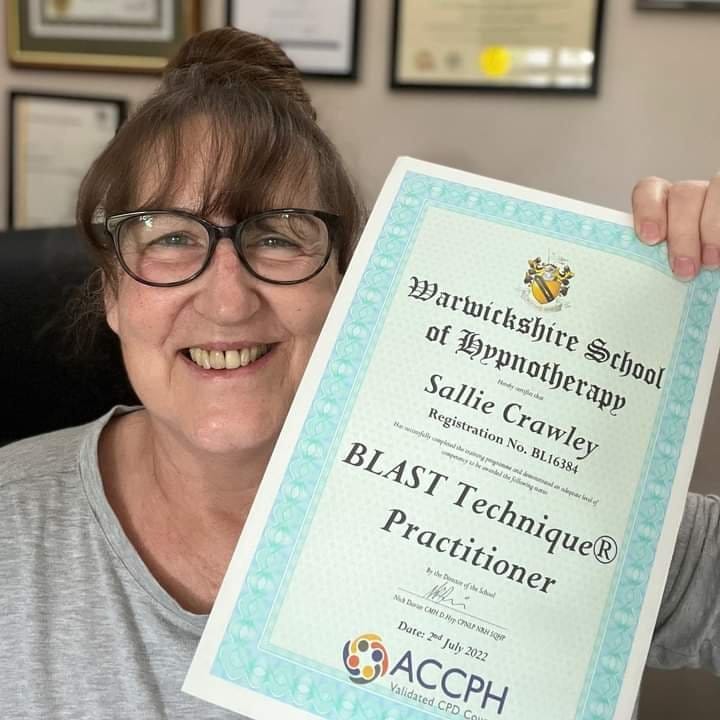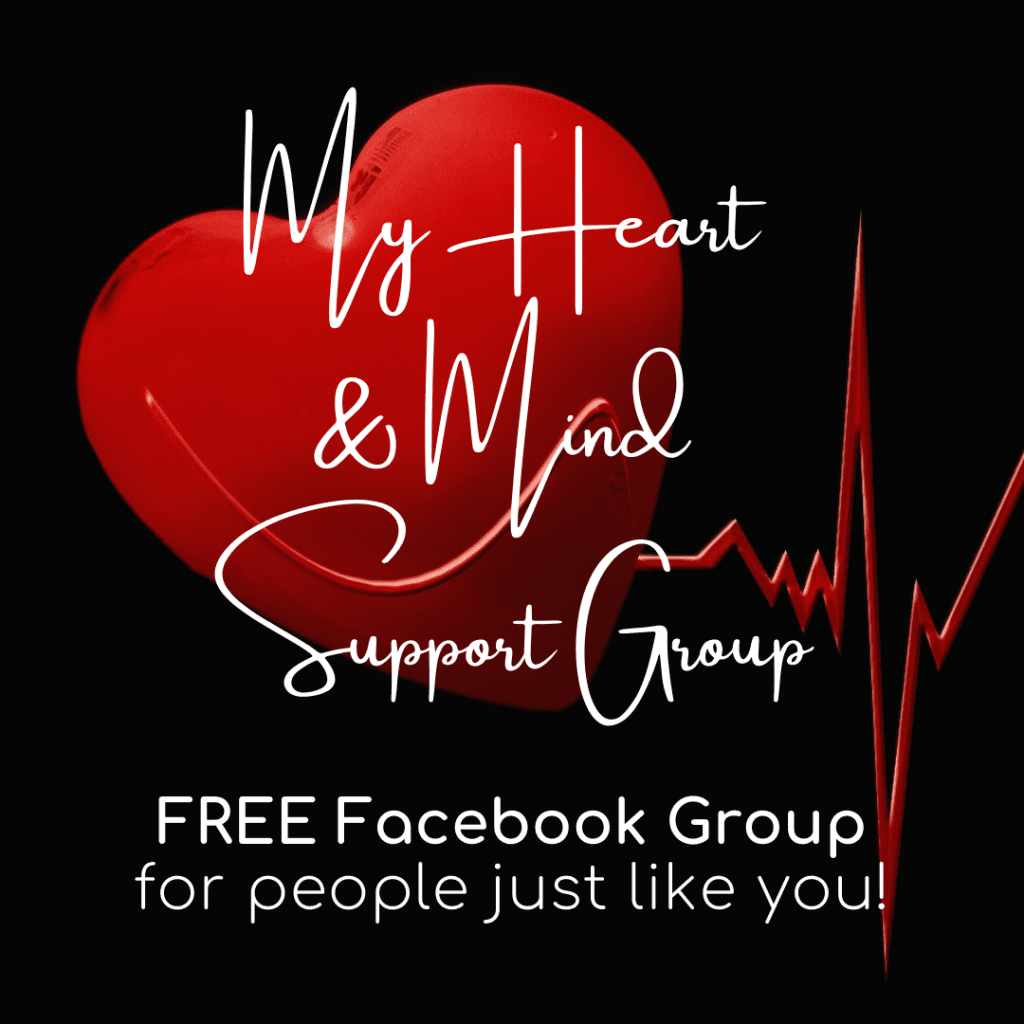Living with trauma or PTSD (Post-traumatic stress disorder) following a heart attack, heart surgery or cardiac arrest can be very debilitating. It affects your life in a lot of ways. Your brain may be making you relive some of the events, you can have flashbacks that you may not be able to make sense of.
Sleeping, eating, and even the ability to go outside your own home can all become a difficult part of everyday living. Living with some of these symptoms can cause irritability or depression. You may also feel frustrated that you can no longer live the life that you used to have before your event.
All symptoms, I’m sure, you have experienced.
Being able to start some small self-help techniques is a great start on your road to recovery from your symptoms of trauma or PTSD.
However, if you feel as though you need more help processing the event and what happened to you, what are your options?
Your options
You may have heard of a technique that has long been used in the treatment of PTSD called EMDR (Eye Movement Desensitisation and Reprocessing), developed in the ’80s. This is a process where the therapist uses specific eye movements which help to distract your brain whilst you are speaking about your traumatic event.
The science behind it is that when we experience a traumatic event, the right side of our brain is more active than the left. Patients that have experienced trauma find that the right side of their brain carries on being the more active part making them relive their trauma and develop a physical or emotional response. When triggered the right side of the brain will keep on giving you the same emotional or physical response.

EMDR distracts the brain making both sides work together to form a more normal response to your trauma triggers. The hope is that you develop a better coping mechanism by storing the memories in a different part of the brain when triggered.
EMDR can take quite a few sessions to develop this response. Even for a single trauma, it can work out to be time-consuming and costly.
Do you feel as though you want help processing the event quickly and effectively?
If you do then the Cardiac Trauma Reprocessing BLAST Technique® may be your next step.
EMDR was probably the most effective tool out there for dealing with PTSD and Trauma, but as with anything, things develop, change and improve over time.
The BLAST Technique® has been described as “EMDR on steroids!”. It has been created, developed, and refined to work faster and more effectively with PTSD and trauma utilising the brain’s natural processing systems, rather than only using ‘bilateral stimulation’ or being a ‘confusion technique’.
The BLAST (Bi-Lateral Analysis and Stimulation) Technique® has been developed as a faster way to tap into the left side of the brain and speed up the process. This technique uses a laser pen for specific eye movements and specified suggestions to you whilst following these eye movements to stimulate the left side of the brain.
The left side of the brain is the more methodical and logical side of the brain, whereas the right side will always keep you in a state of awareness of an immediate threat.
This technique works usually within one session. It can be used on both serious and less traumatic events. It will help you process what has happened to you and take away the association of worry, anxiety, or anger. You will be able to think and talk about what happened without the usual response and live a more active and positive life.
The Cardiac Trauma Reprocessing BLAST Technique® is something I have trained for as I wanted to be able to help people, like myself, who have experienced trauma through having a heart attack and breast cancer. Being able to help people get back on the road to recovery, both mentally and physically, is something I am very passionate about.

You don’t have to continue to live in fear. You don’t have to feel as though stress, anger, anxiety, and frustration are a part of your everyday life now. PTSD and trauma ARE treatable and I know that working with me can help you!
I am available for a chat on the process and how it works and I want your mind to be at ease knowing you are in the best hands!
You can read more here if you are interested in booking a session or even want to talk it through first. If you have questions, you can find answers to the most commonly asked ones here.
The main thing to remember is you are not alone! Click the image to make some new friends.

